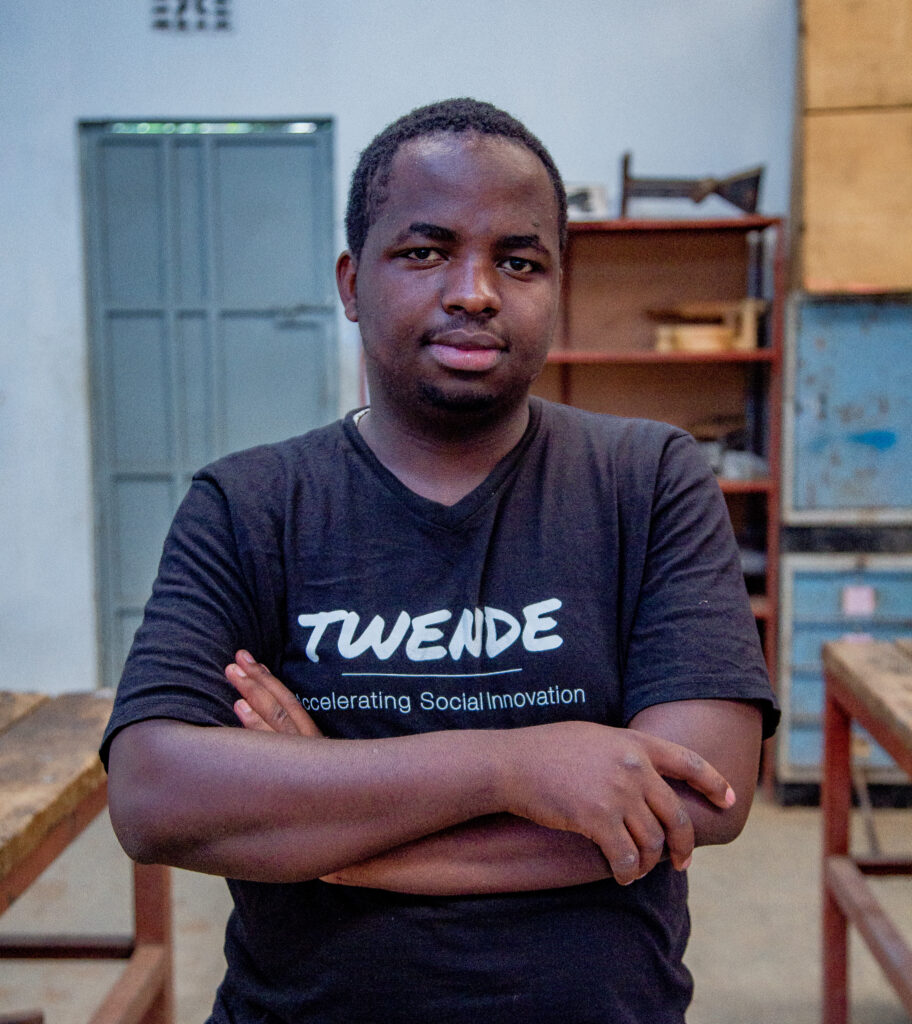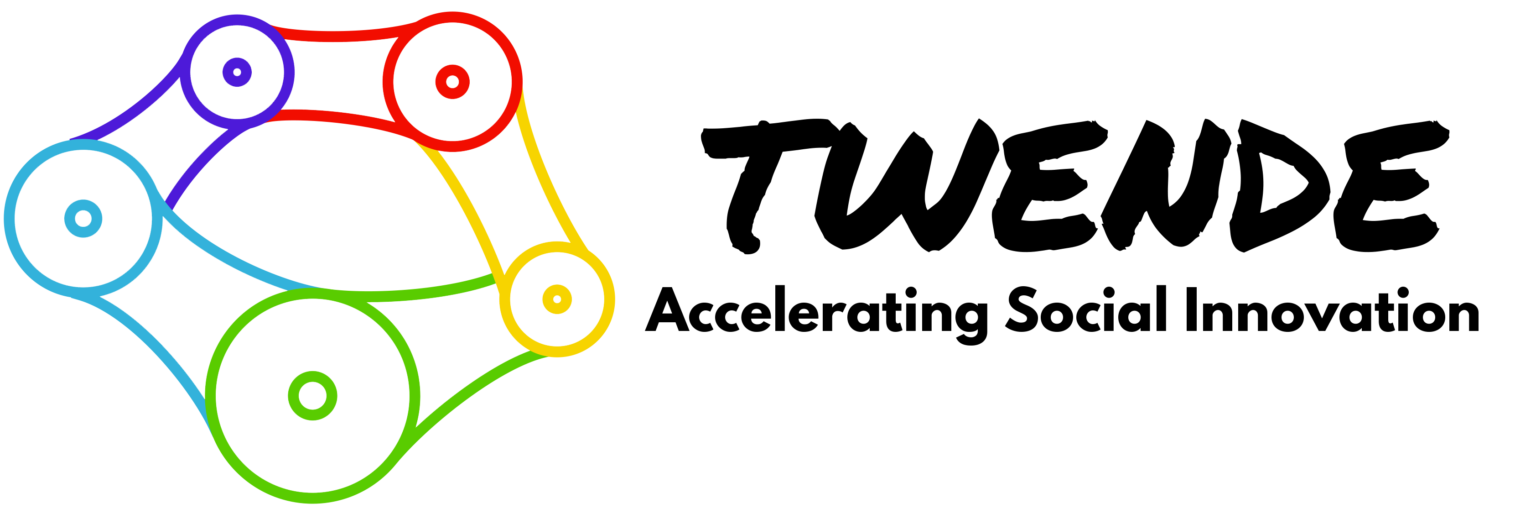Luqman Yusufu

Maize (corn) is a staple in Tanzania. For smallholder farmers, the process of growing, harvesting, peeling and threshing maize is time consuming and labor intensive. Growing up, Luqman experienced first-hand the hard work needed to bring this crop to market.
Once harvested, each separate cob of maize is peeled by hand with a sharp knife or tool. It’s not uncommon for cuts and injuries to occur during the process. Once peeled, the maize must be threshed to remove the kernels from the cob – which is again done by hand. To thresh a single cob, workers run their thumbs up the maize, separating the kernels as they go. Alternatively, several cobs of maize can be placed in a bag or on platforms, and then beaten with sticks until the kernels separate from the cob. Both methods require that the kernels be gathered where they fall, which can result in contamination with rocks and dirt, resulting in post-harvest losses. Extremely labor intensive and time consuming, it can take ten people three hours to fill a single bag of maize.
With a passion for innovation and creative problem solving, Luqman was able to leverage the materials and mentorship he received through Twende Social Innovation Center’s Jamii Tech Program to develop a working prototype of a maize peeling and threshing machine. Leveraging what he learned about mechanical knowledge and electronics he built a motor-powered machine that automates the peeling and threshing of maize. Not only does it reduce the risk of injury, it allows smallholder farmers to increase the volume of crop they can peel and thresh, and it reduces post-harvest losses. Unlike exported equipment, Luqman’s machine is manufactured locally, using local materials, making it affordable for rural farmers.
Currently still in the prototype stage, Luqman plans for the future include bringing his innovation into the production stage through the company he plans to found, Manu Agro Tech. He also plans to continue innovating, looking for creative solutions to local problems. And he knows that Twende Social Innovation Center will be a big part of that journey.

